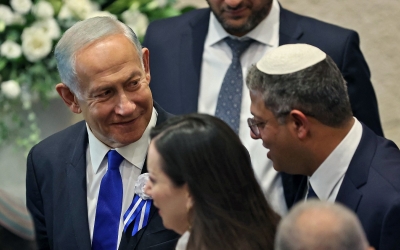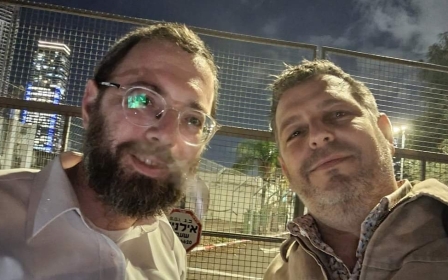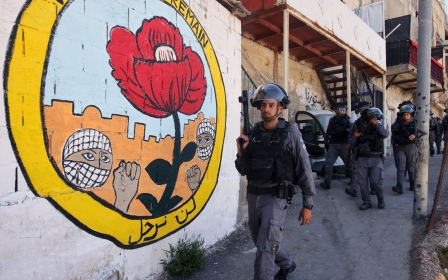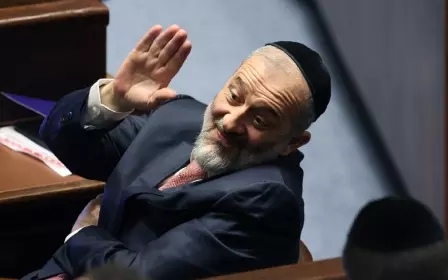Israel: Coalition government agrees to expand Hebron settlements
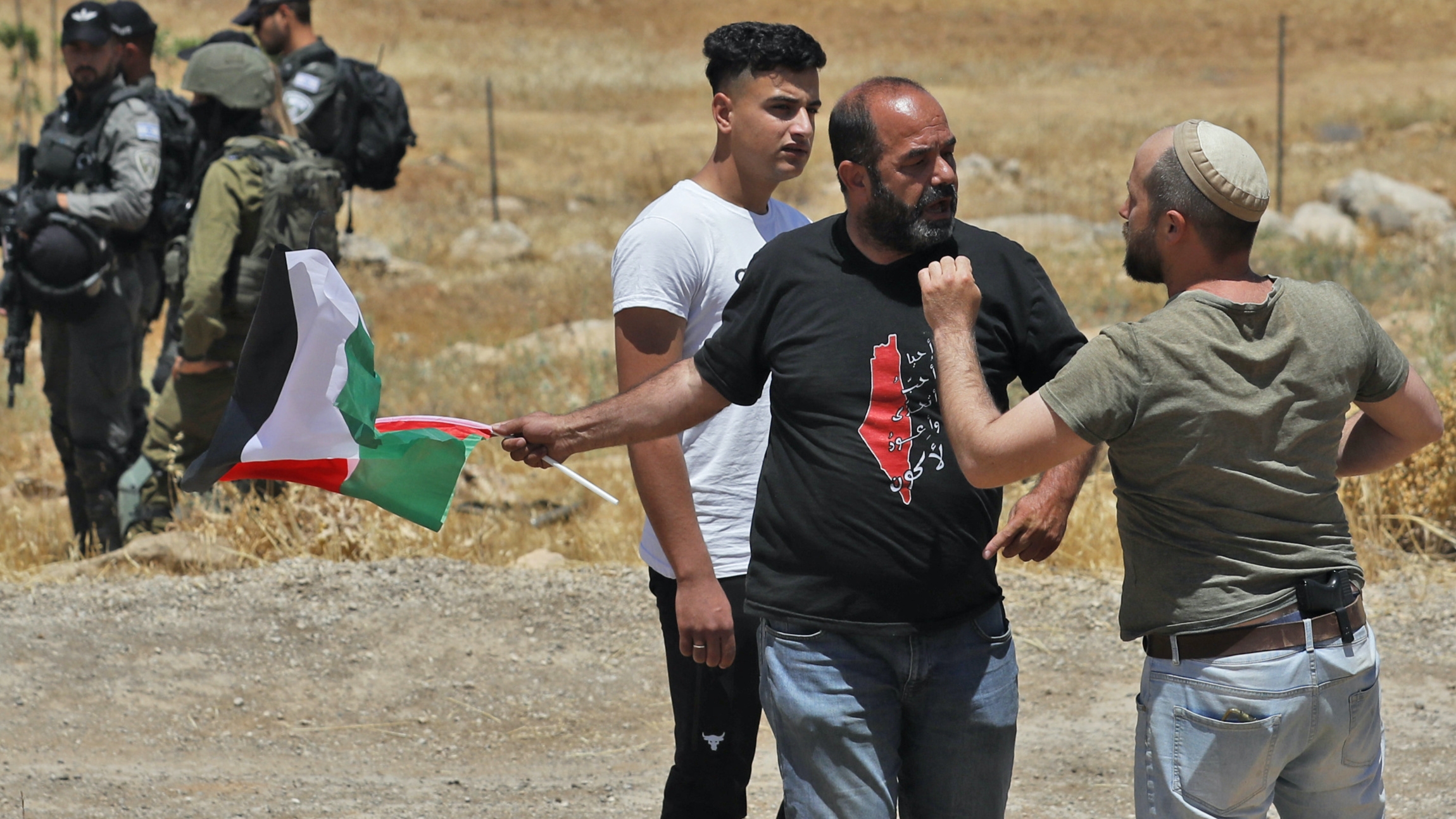
Israel’s new government reached an agreement to expand settlements in Hebron on Wednesday.
The decision came a day before the new government, a far-right coalition of Likud, the Religious Zionism party and the ultra-orthodox religious parties Shas and United Torah Judaism, is sworn in.
The move will strengthen the numbers of the Jewish community in Hebron, and allow authorities to revoke the citizenship of, and deport, Israeli Arabs found to be “terrorists”.
The agreement is one of many legal decisions designed to aid the government’s aim of expanding illegal Jewish settlements in the occupied West Bank.
The Knesset also passed the “Ben-Gvir law” on Wednesday, which will give more authority over policing to Itamar Ben-Gvir, the incoming national security minister.
The coalition also agreed reforms to the judicial system, one of which will allow a Knesset majority to overrule Supreme Court rulings.
The parliament will vote on the new government on Thursday, according to the Knesset speaker, after two months of coalition negotiations.
Hebron’s Ibrahimi Mosque is regarded as a holy site by Jews, Muslims and Christians alike as the resting place of Prophet Abraham, patriarch of all three religions.
In 1994, an armed Jewish settler, Baruch Goldstein, entered the complex during the Islamic holy month of Ramadan and opened fire on Muslim worshippers, killing 29 people and wounding more than 120.
For Ben-Gvir and many of his settler followers, Goldstein is a hero.
Goldstein is buried in Ben-Gvir’s home town, and his grave is regarded by many settlers as a shrine.
Until his recent election to the Knesset, a picture of Goldstein hung on the wall of Ben-Gvir’s home.
Middle East Eye delivers independent and unrivalled coverage and analysis of the Middle East, North Africa and beyond. To learn more about republishing this content and the associated fees, please fill out this form. More about MEE can be found here.


